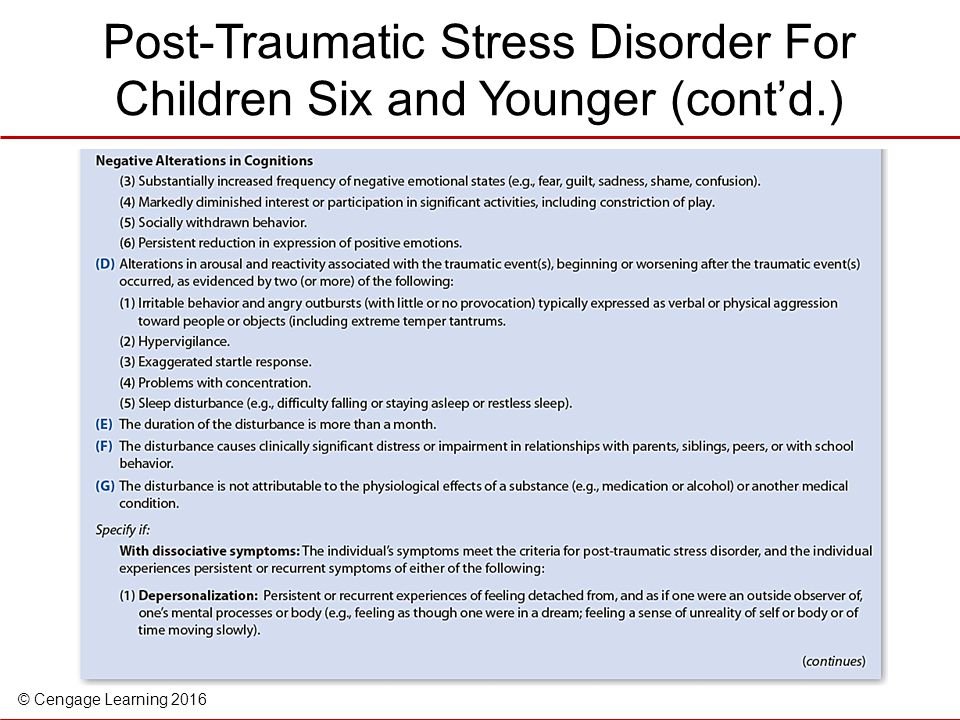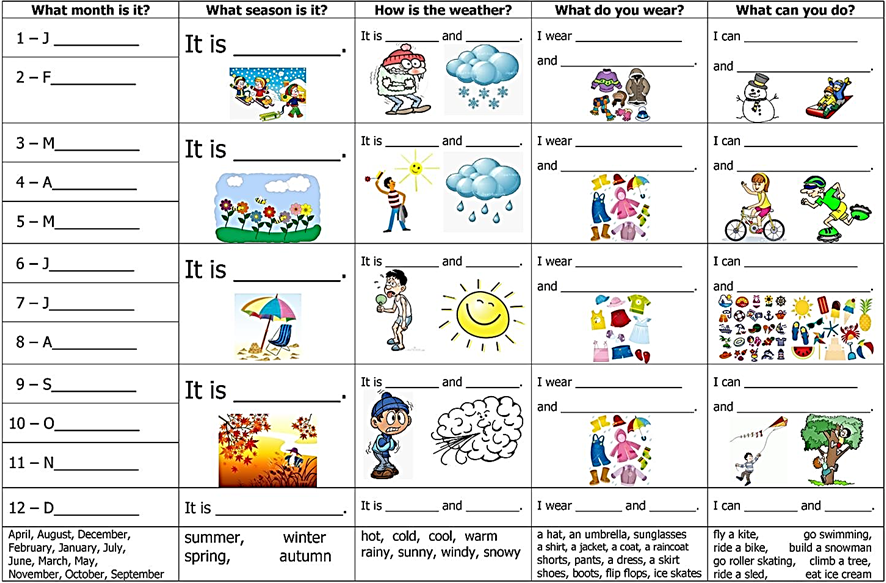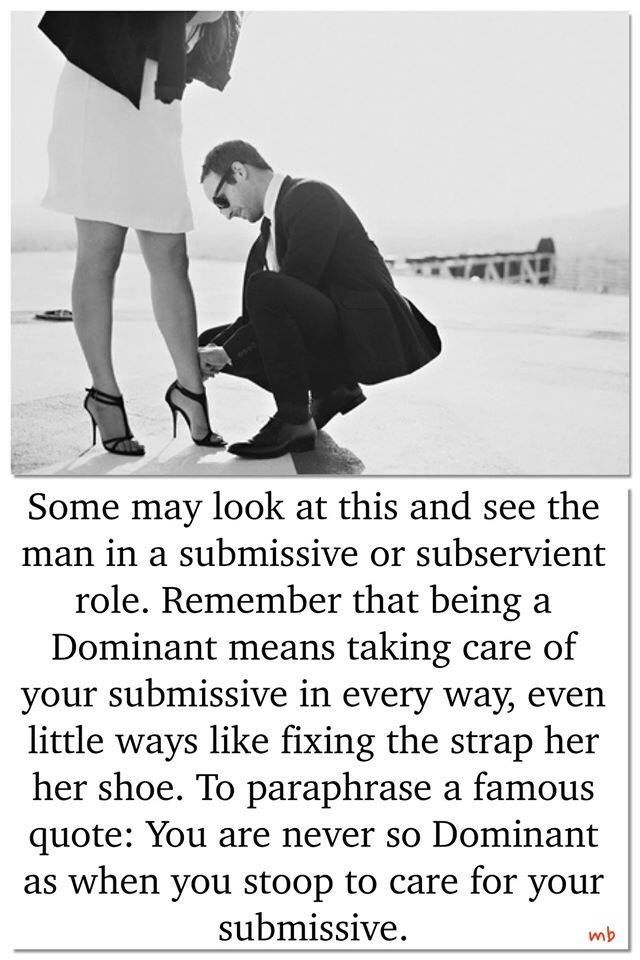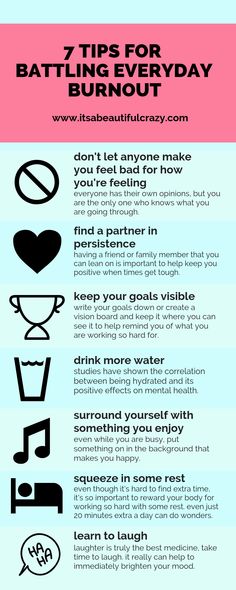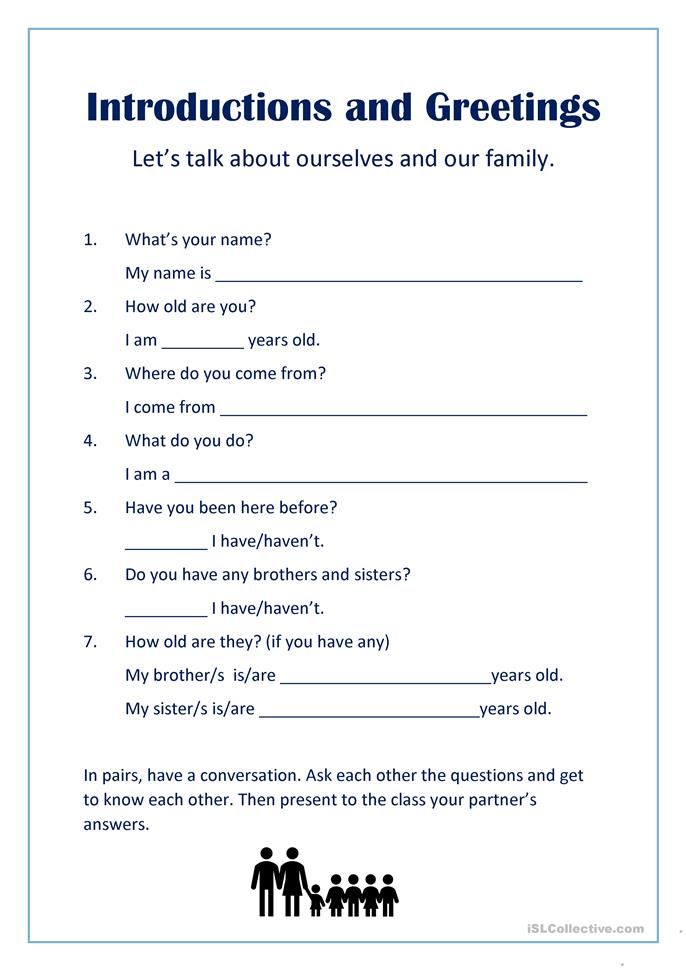Psychology of homewreckers
Homewreckers? Inside The Mind Of The “Other Woman” In An Affair
When people experience the pain of an unfaithful partner, it's hard to see the "other woman's" point of view. That's why it's so important.
Disclaimer: Just so you know, if you order an item through one of our posts, we may get a small share of the sale.
“I didn’t think of myself as the type of person who’d be the ‘other woman.’ I wouldn’t cheat, either. It was a point of pride for me.” Samantha (not her real name, for reasons that will become obvious) was 26 years old, and her life was on the right track. She was living in a small St. Louis apartment, she had a decent job, and she regularly hung out with the same small group of friends. On paper, everything in her life was going well. Then, something changed. “I didn’t expect it or plan it, but yeah, it happened,” she recalls. “The worst thing I’ve ever done, no question.” After a party, Samantha slept with a friend’s husband.
A week later, she did it again. Soon, she was part of an affair; she was “the other woman.”
Her story certainly isn’t uncommon.
While it’s hard to find trustworthy statistics about cheating—surveys rely on self-reporting, and many cheaters don’t admit to their affairs—some research indicates that it’s remarkably common. The Washington Post referenced the work of researcher Shere Hite, who found that 70 percent of married women and 72 percent of married men admitted to cheating on their spouses. Other studies put the number much lower, but even going by conservative statistics, we can safely say that infidelity isn’t unusual.
Inconsistency can ruin a relationship just as infidelity and dishonesty
— Alycia West (@paperdoll713) June 17, 2018
However, people don’t usually talk about their role in an affair—not without the cover of a nice, anonymous nickname. There’s an obvious reason for that: It’s not a fun conversation. “When you asked me to talk about it, I kind of wanted to punch you,” Samantha tells us. We’ve known Samantha for a while; it’s not a serious threat. We, uh, think. “But another part of me wanted to talk about it. So, yeah, let’s talk about it.” First, we want to make this clear: Generally speaking, Samantha is not a woman of poor character (and no, she didn’t ask us to say that). The point she wants to get across in telling her story is that romance is complicated, people aren’t always predictable, and—most importantly—cheating sucks for pretty much everyone involved. “I’ve moved on, but it’s still something I think about from time to time,” she says. “I’m not proud of myself. And everyone seems to know about it—[screw] you for bringing it up, by the way.”
“When you asked me to talk about it, I kind of wanted to punch you,” Samantha tells us. We’ve known Samantha for a while; it’s not a serious threat. We, uh, think. “But another part of me wanted to talk about it. So, yeah, let’s talk about it.” First, we want to make this clear: Generally speaking, Samantha is not a woman of poor character (and no, she didn’t ask us to say that). The point she wants to get across in telling her story is that romance is complicated, people aren’t always predictable, and—most importantly—cheating sucks for pretty much everyone involved. “I’ve moved on, but it’s still something I think about from time to time,” she says. “I’m not proud of myself. And everyone seems to know about it—[screw] you for bringing it up, by the way.”
We asked Samantha to tell us about the night the affair started.
[Editorial note: With her consent, we’re changing the details of Samantha’s story significantly to ensure her anonymity.] She was hanging out with friends—including the married man, who we’ll call Paul—at her own apartment. Paul’s wife, Laura, wasn’t there. “She was a friend of mine from high school,” Samantha says. “I wouldn’t say a really close friend, but I saw her, like, more than a couple times a month.” She didn’t know Paul nearly as well. “I didn’t even invite him, and I certainly wasn’t planning on [anything happening],” she says. “I wasn’t really into him. He was cute, but I was at their wedding, so he wasn’t on my radar.” The rest of the scene played out like something from a terrible movie. One at a time, Samantha’s friends left. Eventually, she was alone with Paul, and he asked to stay over. “He said he wasn’t okay to drive, and I’ve always had an open-couch policy,” she says. “I really don’t think he was planning on anything. He had his issues, but he, uh, wasn’t capable of thinking that far ahead. That’s the nice way of putting it. …But we kept talking, and we connected, I guess.” The next day, the reality of the situation started to set in. She had betrayed the trust of one of her friends—and it wouldn’t be the last time.
Paul’s wife, Laura, wasn’t there. “She was a friend of mine from high school,” Samantha says. “I wouldn’t say a really close friend, but I saw her, like, more than a couple times a month.” She didn’t know Paul nearly as well. “I didn’t even invite him, and I certainly wasn’t planning on [anything happening],” she says. “I wasn’t really into him. He was cute, but I was at their wedding, so he wasn’t on my radar.” The rest of the scene played out like something from a terrible movie. One at a time, Samantha’s friends left. Eventually, she was alone with Paul, and he asked to stay over. “He said he wasn’t okay to drive, and I’ve always had an open-couch policy,” she says. “I really don’t think he was planning on anything. He had his issues, but he, uh, wasn’t capable of thinking that far ahead. That’s the nice way of putting it. …But we kept talking, and we connected, I guess.” The next day, the reality of the situation started to set in. She had betrayed the trust of one of her friends—and it wouldn’t be the last time.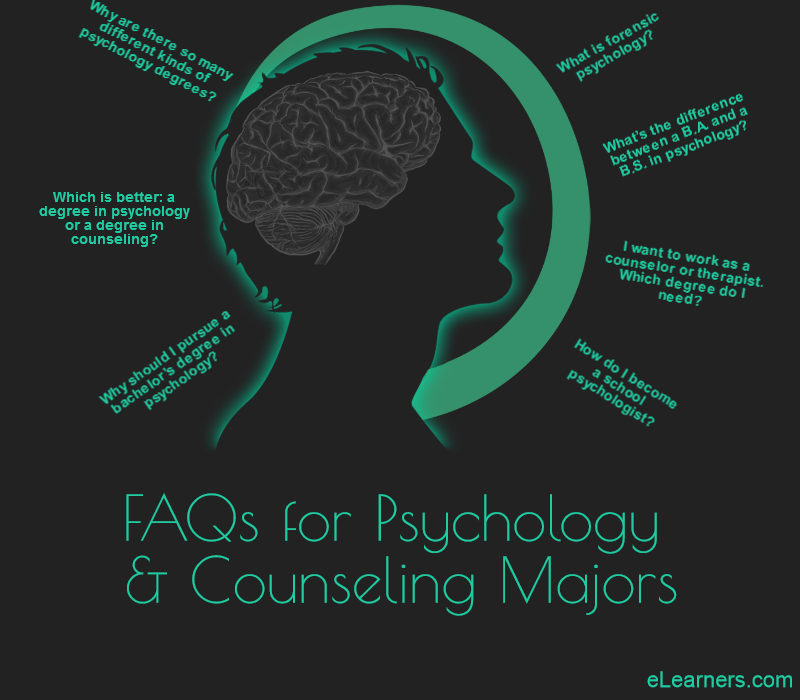 For the next two months, the affair continued.
For the next two months, the affair continued.
As for why it started, Samantha doesn’t know.
“I’ve read stories online where women said they were empowered by being the ‘other woman,’ or that it taught them about who they were,” Samantha says. “That wasn’t my experience. After the first night, everything got worse, every single day.”
“I felt okay when I was with him, because it was someone I could share this messed-up experience with. That seemed like love to me, I guess.”
She still felt drawn to Paul, and while they were together, she felt almost normal. “He said he was still in love with her, and I believed him—he had no reason to just say that,” she says. “But I thought that I was in love, too.” Today, she says she was just confused. “I felt okay when I was with him, because it was someone I could share this messed-up experience with,” she says. “That seemed like love to me, I guess. Or maybe it didn’t seem like I was doing something bad if I could say, ‘Well, I’m in love, so it’s okay. ’” That’s a common sentiment among cheaters, and while Samantha isn’t technically a cheater, per se, her impulse is understandable. A 2013 psychological study found that unfaithful people tend to trivialize their actions to minimize feelings of guilt. However, Samantha says that cognitive dissonance didn’t help her much in the long run. “I knew it was wrong the whole time,” she says. “I’m not a dramatic person, I don’t go looking for big, dramatic blowouts, but I wanted one to happen. I couldn’t sleep, and I had serious stomach issues. I wanted it all to end, even when I didn’t.” Things came to a head, appropriately, after another long night of partying. “I wasn’t completely in my right mind, and I called Laura,” Samantha says. “I was honest. I was way too honest. I don’t know what I expected, or if I even expected anything, but she told me she knew, and she said a few things that broke my heart.”
’” That’s a common sentiment among cheaters, and while Samantha isn’t technically a cheater, per se, her impulse is understandable. A 2013 psychological study found that unfaithful people tend to trivialize their actions to minimize feelings of guilt. However, Samantha says that cognitive dissonance didn’t help her much in the long run. “I knew it was wrong the whole time,” she says. “I’m not a dramatic person, I don’t go looking for big, dramatic blowouts, but I wanted one to happen. I couldn’t sleep, and I had serious stomach issues. I wanted it all to end, even when I didn’t.” Things came to a head, appropriately, after another long night of partying. “I wasn’t completely in my right mind, and I called Laura,” Samantha says. “I was honest. I was way too honest. I don’t know what I expected, or if I even expected anything, but she told me she knew, and she said a few things that broke my heart.”
Over the next several weeks, Samantha dealt with the fallout.
That meant hearing from friends.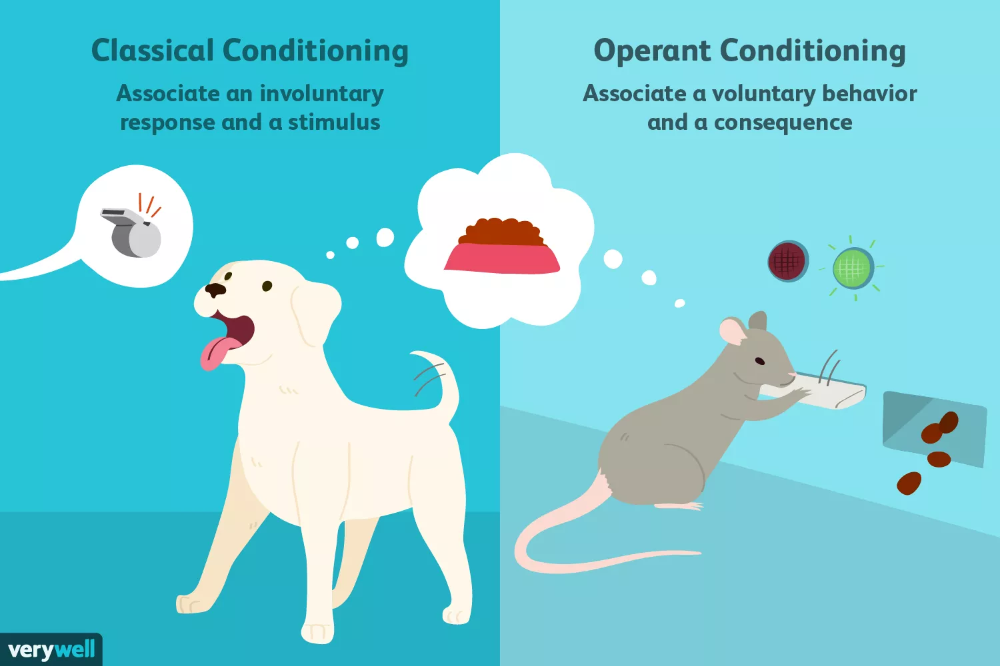 Some didn’t want to hear from Samantha; others gave her honest feedback. “People blame you. I didn’t hear words like ‘homewrecker’ outside my own head, but I know people were thinking it. It decimated my group of friends, and honestly, that’s what needed to happen.” Confronted with her actions, Samantha made some changes. She quit her job, moved to her parents’ house for a while, and took time to reflect on her choices. She also lost a few friends—and she notes that Paul didn’t seem to get the same treatment. “I do feel like Paul got more sympathy from our friends,” she says. “I don’t know if it was because he was a [man], or if it was just that ‘homewrecker’ trope, but people treated him differently.” At first, she said it didn’t bother her; later in our interview, she admitted that it was a big deal. “Really, that hurt more than almost anything,” she says. “He barely knew some of our friends. We made the same exact mistake—the same thing, except I didn’t break a f****** vow—and they were able to forgive him, but not me.
Some didn’t want to hear from Samantha; others gave her honest feedback. “People blame you. I didn’t hear words like ‘homewrecker’ outside my own head, but I know people were thinking it. It decimated my group of friends, and honestly, that’s what needed to happen.” Confronted with her actions, Samantha made some changes. She quit her job, moved to her parents’ house for a while, and took time to reflect on her choices. She also lost a few friends—and she notes that Paul didn’t seem to get the same treatment. “I do feel like Paul got more sympathy from our friends,” she says. “I don’t know if it was because he was a [man], or if it was just that ‘homewrecker’ trope, but people treated him differently.” At first, she said it didn’t bother her; later in our interview, she admitted that it was a big deal. “Really, that hurt more than almost anything,” she says. “He barely knew some of our friends. We made the same exact mistake—the same thing, except I didn’t break a f****** vow—and they were able to forgive him, but not me. But maybe there are other reasons, I don’t know. I don’t really blame anyone.” That’s not to say Paul got off scot-free. After seeking counseling, his wife asked for a divorce. Samantha says she lost touch with him after that. “Once everything was out in the open, I had no interest in continuing it,” she says. “It was like a spell was broken. I realized that I wasn’t really ready to be in a relationship with anybody, let alone a relationship that complicated.”
But maybe there are other reasons, I don’t know. I don’t really blame anyone.” That’s not to say Paul got off scot-free. After seeking counseling, his wife asked for a divorce. Samantha says she lost touch with him after that. “Once everything was out in the open, I had no interest in continuing it,” she says. “It was like a spell was broken. I realized that I wasn’t really ready to be in a relationship with anybody, let alone a relationship that complicated.”
We had to ask: Does she want forgiveness from Laura?
“Well, yeah,” she says, “but it’s not coming. And that’s just how it is. Maybe if she wasn’t married … but, no, I can’t start looking for ways to justify it. Even this [interview] is a little too much. I don’t want her finding out about this.”
“I thought at the time it was going somewhere or I’d learn something about myself or the guilt would eventually go away. It doesn’t.”
It’s been five years since the affair, and Samantha’s in a good place. She volunteers for charitable causes, she has new friends, and she’s more comfortable with herself as a person. We ask whether the affair helped with that process in some way. “I don’t want to give a mistake that much credit,” she says. “I mean, we’re made from our mistakes, but I can’t say, ‘Oh, that was a great idea since I learned so much,’ or whatever. That would be stupid. It wasn’t a trip to a [psychiatrist], it was a series of bad decisions. No bueno.” We asked Samantha whether she has any advice for women (or men, for that matter) who find themselves in the same situation. “I guess just be on your guard,” she says. “What I know now—I thought at the time it was going somewhere or I’d learn something about myself or the guilt would eventually go away. It doesn’t. And if I’d known that it was something I was capable of, I would have been on my guard. I would have made sure that I didn’t do something that stupid.” Granted, some “other women” have their affairs and go on with their lives without feeling a shred of guilt; others are more like Samantha.
She volunteers for charitable causes, she has new friends, and she’s more comfortable with herself as a person. We ask whether the affair helped with that process in some way. “I don’t want to give a mistake that much credit,” she says. “I mean, we’re made from our mistakes, but I can’t say, ‘Oh, that was a great idea since I learned so much,’ or whatever. That would be stupid. It wasn’t a trip to a [psychiatrist], it was a series of bad decisions. No bueno.” We asked Samantha whether she has any advice for women (or men, for that matter) who find themselves in the same situation. “I guess just be on your guard,” she says. “What I know now—I thought at the time it was going somewhere or I’d learn something about myself or the guilt would eventually go away. It doesn’t. And if I’d known that it was something I was capable of, I would have been on my guard. I would have made sure that I didn’t do something that stupid.” Granted, some “other women” have their affairs and go on with their lives without feeling a shred of guilt; others are more like Samantha.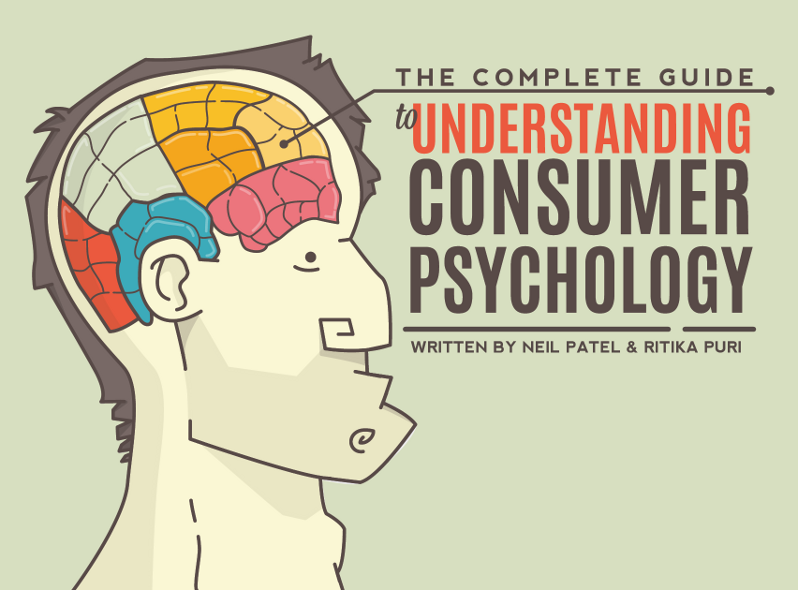 Every story is different, but they all start with the same type of betrayal. “The fact that you’re calling it ‘cheating,’ that you used that word, that [implies] a broken trust,” she says. “I don’t think it’s ever really something positive. Even if it feels right at the time.”
Every story is different, but they all start with the same type of betrayal. “The fact that you’re calling it ‘cheating,’ that you used that word, that [implies] a broken trust,” she says. “I don’t think it’s ever really something positive. Even if it feels right at the time.”
Must Read
Related Articles
10 Things to Know About the Psychology of Being the Other Woman
Sometimes in relationships, affairs happen. They can happen in short relationships, long term marriages, or anything in between. The hard truth is, a large number of people are or have been unfaithful to their partner. Affairs are deeply intertwined to our inner psychology for a multitude of reasons. We want to discuss the individual that often gets forgotten. We want to discuss “the other woman.”
How does it feel to be the other woman? Why is it so difficult for most women involved in affairs? Do some women like it? How can it affect a woman’s self esteem? Can it promote unwanted health issues? How is this woman perceived by others? We’re going to dive into these questions and more. Here are 10 things to know about the psychology of being the other woman.
Here are 10 things to know about the psychology of being the other woman.
If you have ever felt immense guilt, you know that it is an exhausting feeling. It often affects many areas of our lives without us even realizing. When it comes to being the other woman, studies have shown that guilt is the most commonly felt emotion both during and after the affair – regardless of how it ends. Feelings of shame and guilt can be due to:
- feeling like you are solely responsible for the affair
- feeling as if your family and friends are judging you
- knowing that you played a role in hurting someone else.
Studies have also shown that being the other woman can make an individual very sad. Not knowing when or if you will be able to be with the one you love can be sad. It can make someone feel as if they are always living in heartache or on the verge of a breakup.
People get into relationships with “taken” people every day. Why each party chooses this could be for a multitude of reasons. But how it affects the other woman is always clear – it is draining. Unfortunately for the other woman, they are always going to be put second. The person having the affair knows that what they are doing is wrong but they never want to be caught and or tarnish their image. Because of this, being the other woman can drastically affect one’s:
- self esteem
- confidence
- feelings of self-worth.
They will forever be wanting to feel chosen by this person.
Being a secret can be lonely.One of the most joyful parts of love is being able to express it. Sharing your love for someone with your friends, family, and social media is exciting. It can make you feel stable in your relationship. Since affairs are a secret, there is no sharing happening.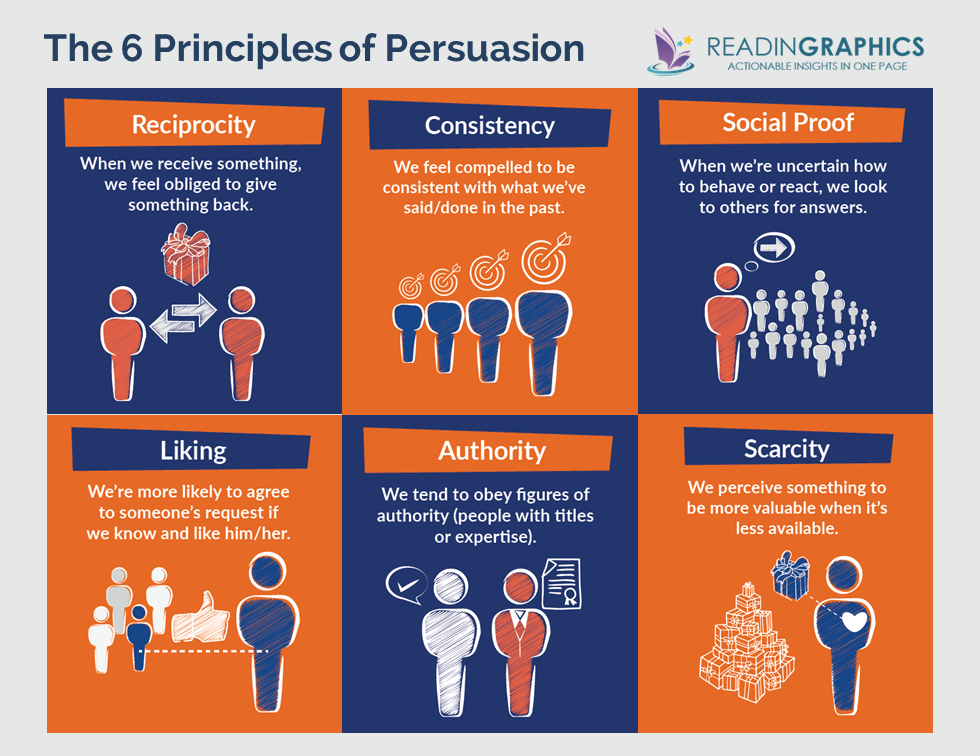 Being the other woman means keeping quiet and that can be very lonely and isolating.
Being the other woman means keeping quiet and that can be very lonely and isolating.
As we mentioned, one of the biggest psychological effects of being the other woman is feeling guilt. With that comes:
- pressure
- insecurity
- sadness, and more
It’s easy to see how being the other woman in an affair can be draining and hard for our emotional well being. These psychological side effects can lead to mental health conditions such as:
- Constant emotional stress
- Anxiety
- Depression
- Insomnia
- Anger management issues
Mental health conditions can sometimes lead to physical health conditions. If the other woman doesn’t like herself due to guilt, shame and insecurities, she may neglect caring for herself. Her physical health may start to spiral. The stress and pressure of being the other woman can lead to physical struggles such as:
The stress and pressure of being the other woman can lead to physical struggles such as:
- Chronic stress
- Eating disorders
- Substance abuse
It’s natural to want a future with the person that you love. You may dream of:
- introducing them to your loved ones
- buying a home
- starting a family
- traveling, etc.
Unfortunately for the other woman, this future is extremely unreliable. Being the other woman may mean never feeling assured and stable in the relationship. This can make it hard to ever feel truly happy and fulfilled.
Trust issues often come with being the other woman.Being the other woman can pretty much always guarantee to leave you with one thing – trust issues. On the rare occasion that a woman does actually end up with the person who was having the affair, it may not be all sunshine and rainbows straight away.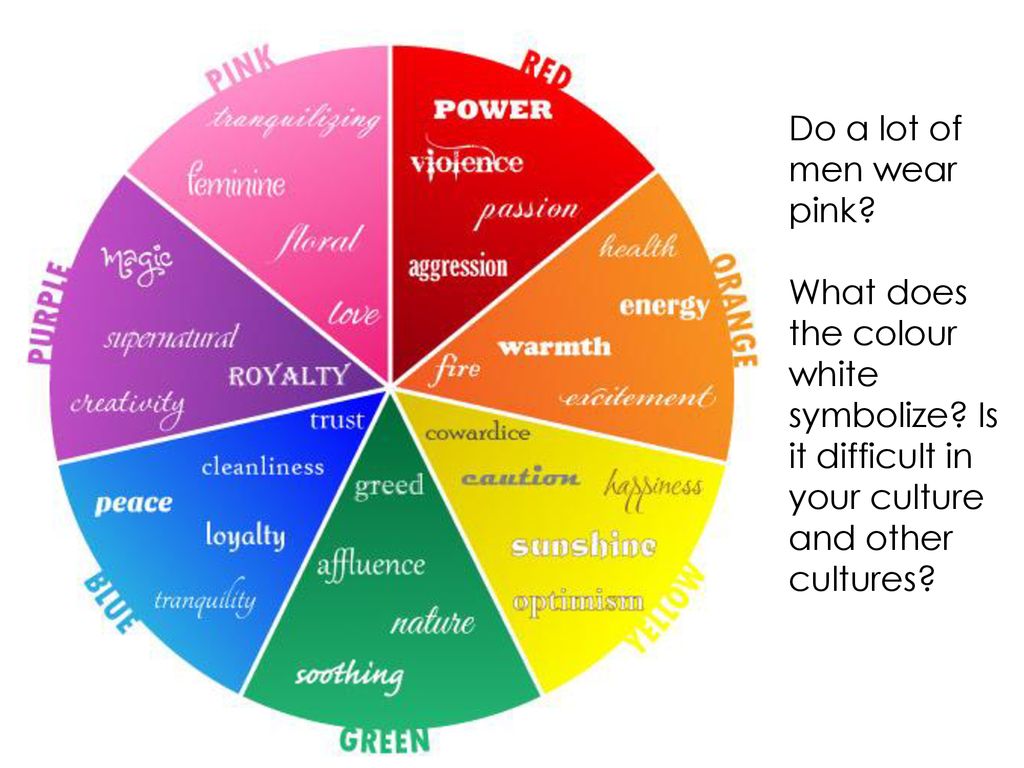 She will likely have trust issues and have a hard time believing that this relationship will be different from his last one. If she chooses to move on, she may carry these trust issues into relationships with other people. In her perspective, if someone she loved could act that way, anyone can. Being the other woman can make it hard to trust someone again.
She will likely have trust issues and have a hard time believing that this relationship will be different from his last one. If she chooses to move on, she may carry these trust issues into relationships with other people. In her perspective, if someone she loved could act that way, anyone can. Being the other woman can make it hard to trust someone again.
Being the other woman is hard enough as is, but what happens if other people find out? The social stigmas that come with being the other woman are often quite judgmental, hateful, and unfair. Woman are often referred to as “home wreckers” and now feel even worse than they did when their relationship was a secret.
The “other woman” could technically be either woman.In our society, the “new woman” or the one that a partner is cheating with, is often referred to as “the other woman.” However, the woman being cheated on could be considered the other woman as well. Learning that your partner is unfaithful and/or being left for someone else, can be extremely harsh. This woman will likely all of the same psychological symptoms we discussed, but in her own way.
Learning that your partner is unfaithful and/or being left for someone else, can be extremely harsh. This woman will likely all of the same psychological symptoms we discussed, but in her own way.
Related Resources:
10 Things to Know About the Psychology of Depression
10 Things to Know About the Psychology of Open Relationships
10 Things to Know About the Psychology of Romantic Relationships
Top 30 Affordable Online Psychology Degree Programs
Razluchnik - concept and meaning
Consider what the concept and meaning of the word razluchnik means (information provided by intellect.icu).
Razluchnik is - 1. Colloquial, He who separates, separated someone - person
Razluchnik is - The one who separated, separates loved ones, lovers.
Razluchnik is - 1. Razluchnik, (vernacular, folk-poetic). A person who separated people close to each other, separated those who loved, destroyed their connection. Vanka the housekeeper, the evil lover, separated the prince from his wife. Song.
Vanka the housekeeper, the evil lover, separated the prince from his wife. Song.
-а, m. About degree and folk-poetic
The one who separates, separated close people who love each other.
Vanka the housekeeper, the evil lover, Separated the prince from his wife. The song "In the garden a berry-raspberry".
— Will you let Dimitri come to thank you? Elena asked her mother ---. “Wait, my soul, I can’t see our lover now… We’ll have time before we leave.” Turgenev, On the Eve.
Part of speech
Noun
Word forms
razluchnik, razluchnik, razluchnik, razluchnik, razluchniki, razluchnikov, razluchnik, razluchnik, razluchnik
Synonyms wiki
rival, razluchnik
Digital pronunciation -metaphone primary : RSLK secondary: RTSL.
See also
Women are not born, they are made
. .. her Judith Gauthier tells in her memoirs that she is so plaintively. she cried and languished when she was separated from her nurse, that she had to be returned. Only much later she was weaned. This theory ... (Psychology of family relations)
.. her Judith Gauthier tells in her memoirs that she is so plaintively. she cried and languished when she was separated from her nurse, that she had to be returned. Only much later she was weaned. This theory ... (Psychology of family relations)
Trade, economic war and dispute
... wanted Spain to go to war, but they couldn't. agree to terms To separate Germany and Spain, Great Britain applied the method of the whip and. gingerbread Great Britain supplied oil ... (Military)
Anger, types of anger, What does anger look like?
... at. you will be angry if you think that spouses should stay together, ".until death do them part";. Even if you are a wealthy person, you can be angrily judgmental. existing in your society economic ... (Psychology of emotions)
Developmental and developmental psychology Life stages of psychological development
... Anxiety tolerance is an insecure attachment between an infant and a caregiver characterized by the infant's distress when separated and anger when it reunites.
separate
homemaker
What kills love? Ten homeowners | Man and woman
We all know how it happens in life: if you have successfully passed the first “reconnaissance” phase of early dates and your relationship has been firmly strengthened, then you are already a couple with an established relationship based on mutual love and respect. Let us then ask ourselves the question: why, after all, stable couples break up with a bang, what kind of relationship killers turn out to be stronger than mutual love?
There are thousands of reasons why strong alliances break up, but, on some reflection, I would single out the main, in my opinion, ten reasons for breaking up relationships.
Photo: Depositphotos 1. Friends and family . See for yourself: we spend most of our lives in our family and with our friends. But our partner lives the same way. Therefore, we are not alone with a partner, but, as it were, in an environment, pardon the tautology, of our environment. The daily impact of your environment's negative perception of your partner is a serious enemy of relationships. It is impossible, unthinkable, and it is not necessary to love the whole environment of a partner in the same way as we love our chosen one (his / her sister, best friend / friend, mom / dad ...). Long-term disagreements in matters of politics with her / his dad will soon lead to the fact that you will not be able to be in the same room with him. And here it is still unknown what her / his choice will be and on which side she / he will remain. How to be? Just be a well-mannered person - keep friendly relations.
Friends and family . See for yourself: we spend most of our lives in our family and with our friends. But our partner lives the same way. Therefore, we are not alone with a partner, but, as it were, in an environment, pardon the tautology, of our environment. The daily impact of your environment's negative perception of your partner is a serious enemy of relationships. It is impossible, unthinkable, and it is not necessary to love the whole environment of a partner in the same way as we love our chosen one (his / her sister, best friend / friend, mom / dad ...). Long-term disagreements in matters of politics with her / his dad will soon lead to the fact that you will not be able to be in the same room with him. And here it is still unknown what her / his choice will be and on which side she / he will remain. How to be? Just be a well-mannered person - keep friendly relations.
2.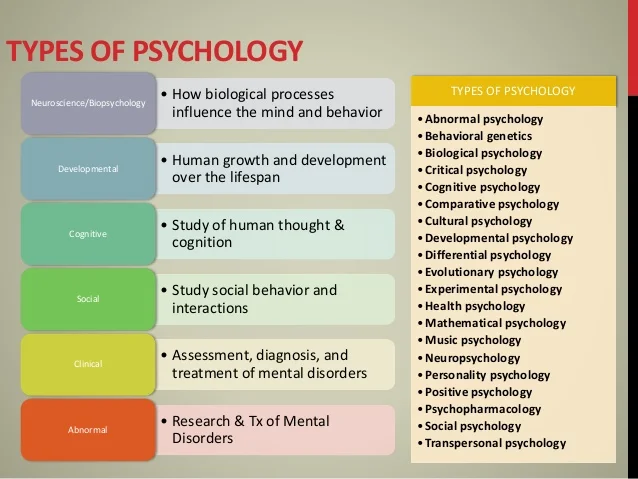 Life stresses . As a stable couple, you kind of feel like a cell, separated from the rest of the world with an "us-against-them" mentality. And that's great. But the real "rest of the world" mercilessly breaks into your little cell with its real problems, such as financial troubles, children from previous marriages and other headaches. The inability or inability to cope with such stresses can easily break your enduring relationship. Speak! Photo: Depositphotos
Life stresses . As a stable couple, you kind of feel like a cell, separated from the rest of the world with an "us-against-them" mentality. And that's great. But the real "rest of the world" mercilessly breaks into your little cell with its real problems, such as financial troubles, children from previous marriages and other headaches. The inability or inability to cope with such stresses can easily break your enduring relationship. Speak! Photo: Depositphotos
3. Outsiders . A couple is defined as the union of two people. As soon as the third extra appears, everything can go awry. Especially when that third person turns out to be an ex/ex. If you are in this situation, act as soon as possible. Let your admirers/admirers, obsessive friends/girlfriends know sharply and clearly that you have other priorities, otherwise your friendliness and gentleness will only increase their obsession. Speak!
Speak!
4. Bad habits . You already know that you cannot love everyone at once and always. The same thing happens with your partner. Oh no, it's great! But there are a few small habits that annoy you (talking in your sleep, throwing things around, not drying a wet umbrella, etc.). Nobody's perfect. God bless him, you can force yourself to come to terms with this, but over time you begin to get hung up on this and get more and more annoyed. And then a wet umbrella will be the killer of your relationship. There is no time to lose: voice the problem immediately and work out a solution to it. Speak! Photo: Depositphotos
5. High level of comfort . After living together for some time, partners find a stable level of comfort in each other, and calmness sets in. The more they become friends, the more intimacy between them acquires the features of routine, everyday life. And this is the point from which you can count the hours back. Sex is off the agenda sooner than the couple realizes it. And then sex, like a piano in the bushes, happens on the side, but already on a sense of guilt and moral uncleanliness. And, as expected, the feeling of guilt is immediately extrapolated to the partner. A familiar thing. But the sex is worth it - say it! Photo: Depositphotos
The more they become friends, the more intimacy between them acquires the features of routine, everyday life. And this is the point from which you can count the hours back. Sex is off the agenda sooner than the couple realizes it. And then sex, like a piano in the bushes, happens on the side, but already on a sense of guilt and moral uncleanliness. And, as expected, the feeling of guilt is immediately extrapolated to the partner. A familiar thing. But the sex is worth it - say it! Photo: Depositphotos
6. Target difference . If a couple is not careful enough in maintaining a relationship, then it may soon fall apart, for example, due to a lack of communication, career considerations, questions of the dominance of the interests of one side over the interests of the other, a low assessment of the sacrifice of one of the parties in favor of the other. Scenario of swan, crayfish and pike. But in this particular case, the cart will not remain "and now there" - it will fly into the abyss of alienation. Speak!
Scenario of swan, crayfish and pike. But in this particular case, the cart will not remain "and now there" - it will fly into the abyss of alienation. Speak!
7. Past. Living in the past, it is impossible to move into the future. If someone expects to compare the current relationship in a pair with past partners, even in a positive way for the new relationship, things will not go far. What was, is gone. Basta. What is is not a photocopy of the old. This is different! It is clear that it is useful to learn from the mistakes of the past. But if partners out loud compare even flattering qualities for the parties with their past partners, then such a couple is unpromising. It is not focused on the future. Think and talk only about the future! Don't force things
Photo: Depositphotos
8. Forcing . Healthy relationships develop naturally and gradually. Not always at the same speed. And not immediately to the level of comfort desired by the parties. It's an underlying, instinctive thing. No wonder they say that marriages are made in heaven. And for many people this instinctiveness is not enough: they begin to force the maximum rapprochement when the other side is not yet quite ready for this. And not everyone likes it when they push it. Particularly dangerous, as we call it, is the "M-Bomb" - a mariage bomb. If it has not exploded for the time being, very often the relationship is smitten on the spot. Speak!
Forcing . Healthy relationships develop naturally and gradually. Not always at the same speed. And not immediately to the level of comfort desired by the parties. It's an underlying, instinctive thing. No wonder they say that marriages are made in heaven. And for many people this instinctiveness is not enough: they begin to force the maximum rapprochement when the other side is not yet quite ready for this. And not everyone likes it when they push it. Particularly dangerous, as we call it, is the "M-Bomb" - a mariage bomb. If it has not exploded for the time being, very often the relationship is smitten on the spot. Speak!
9. Dependency-independence . Here the balance is very fragile and tricky. Too much of either is equally killer. Even if partners strive to have nothing of their own in life apart from the other, I would still advise you to move back a little. Hold on to your horses. Otherwise, it may happen that the other side feels in a cage, and you will be perceived as a person who has infringed on his freedom. (All my life I have believed and believe that a person should have his own door, which can be closed in front of another and left a little alone with himself. We agreed this from the very beginning, and both benefited from it.) On the other hand, too much independence can cause a feeling of loneliness in a partner. The problem of space and time. Immediately open your mouth, voice, discuss the limits of space and time, dependency-independence. Otherwise it will be too late. Speak Now!
Hold on to your horses. Otherwise, it may happen that the other side feels in a cage, and you will be perceived as a person who has infringed on his freedom. (All my life I have believed and believe that a person should have his own door, which can be closed in front of another and left a little alone with himself. We agreed this from the very beginning, and both benefited from it.) On the other hand, too much independence can cause a feeling of loneliness in a partner. The problem of space and time. Immediately open your mouth, voice, discuss the limits of space and time, dependency-independence. Otherwise it will be too late. Speak Now!
10. Treason . This is the number one killer. Not every couple will survive an infidelity. Even if the partners are working on how to survive this betrayal without parting, the future for them, frankly, is not bright. No matter how the guilty party swears that this will never happen again, the worm of doubt will gnaw at the poisoned soul of the deceived.


